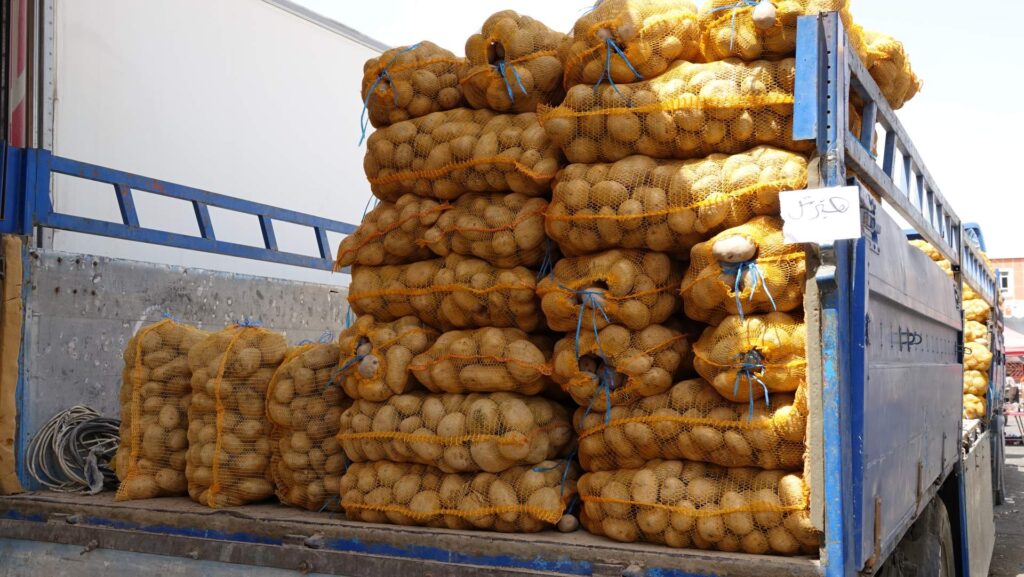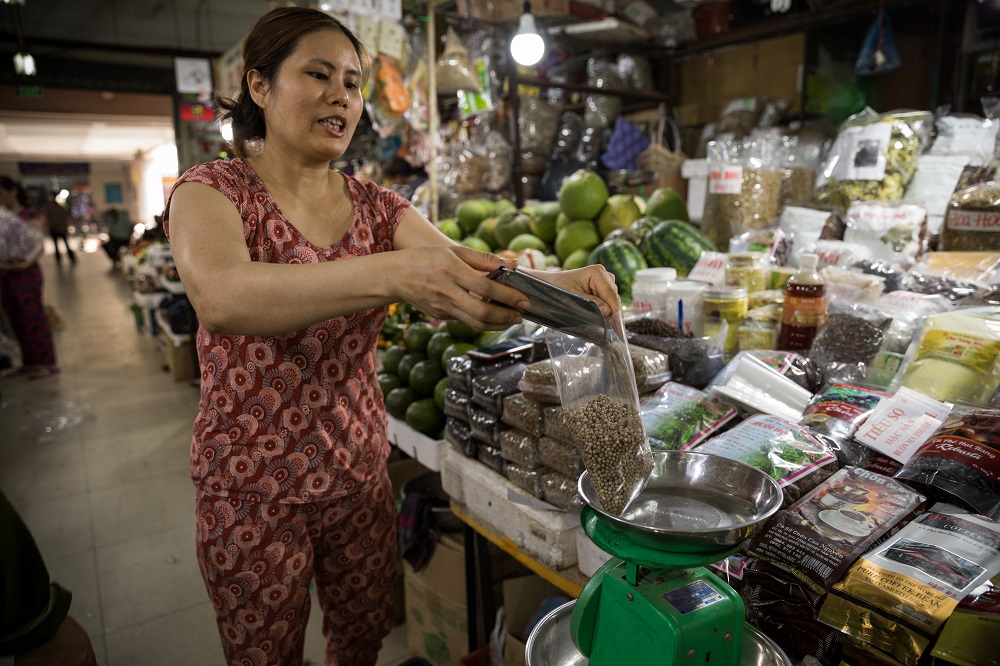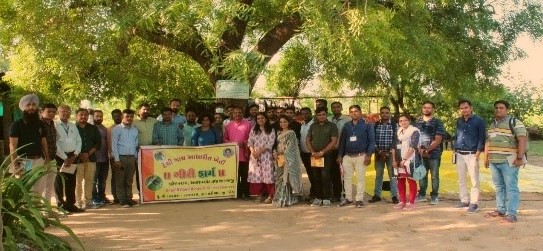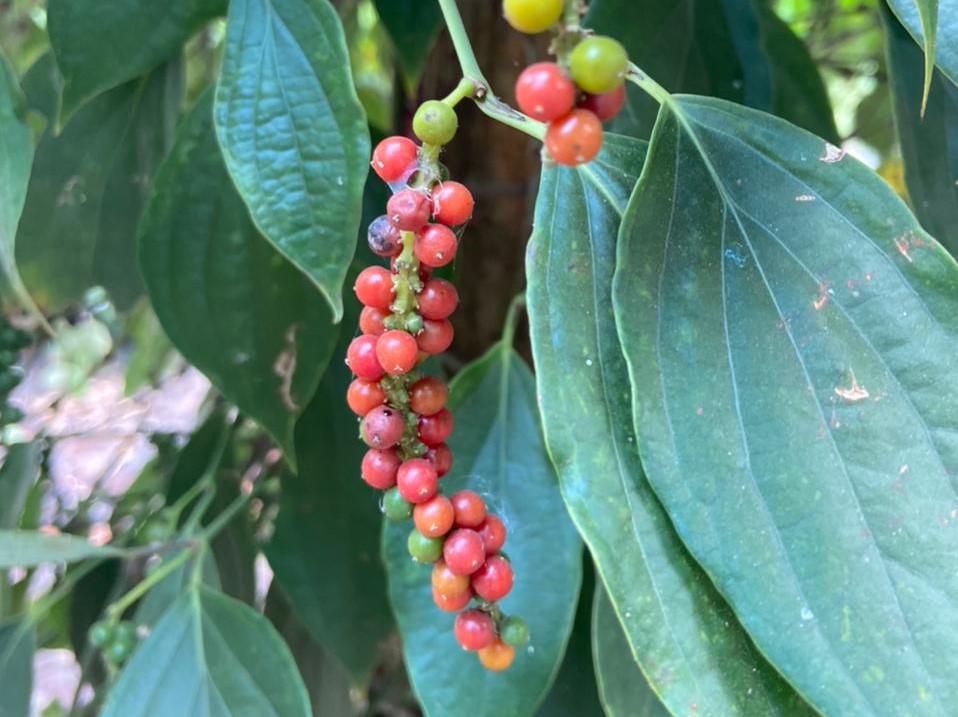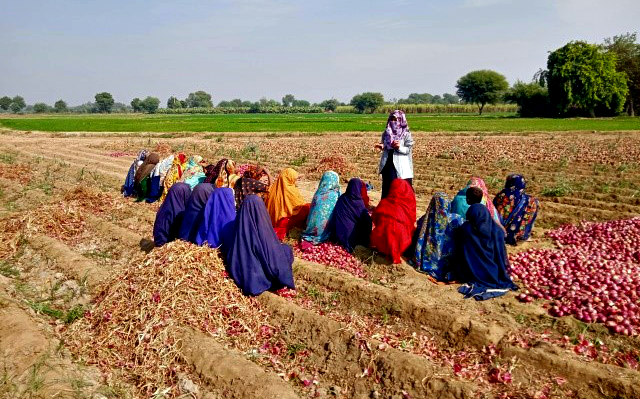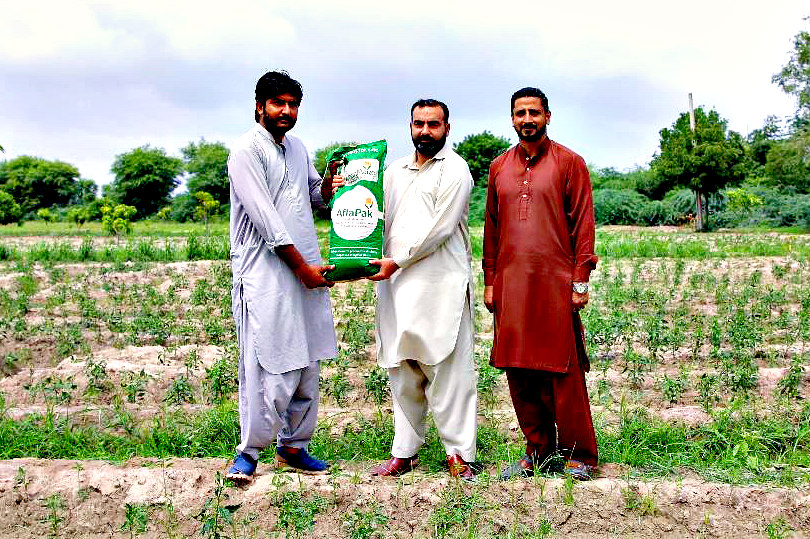CABI Blog
Category: Value chains and trade
You are here: CABI Blog
Strengthening the potato value chain in the Kurdistan Region of Iraq
June 3, 2025
Anna Wood
No Comments
On 30th May, we marked the International Day of Potato. In this blog, CABI’s Crop Health Advisor Anna Wood provides an update on a five-year project led by CABI to strengthen the potato value chain in the Kurdistan Region of Iraq. An ambitious five-year project led by CABI to strengthen the potato value chain in…
Celebrating Rural Women’s Day: Stories of empowerment, entrepreneurship and resilience from the fields
October 17, 2024
Sajila Khan
No Comments
This week, we celebrated Rural Women’s Day (15 October) – an important opportunity to mark women’s valuable contribution to agriculture. The UN states that women make up, on average, over 40% of the agricultural labour force. In some countries in Africa and Asia, this figure is much higher. In Ghana, for example, women produce 70%…
CABI participates in WTO panel discussion on challenges and opportunities for smallholder farmers in international trade
July 17, 2023
Wayne Coles
No Comments
CABI has shared its expertise in agriculture value chain development and market access as part of a panel discussion highlighting smallholder farmers facilitation in international trade organised by the World Trade Organisation (WTO) Informal Working Group on Micro, Small and Medium-sized Enterprises (MSMEs). The event was held to celebrate MSME Day 2023.
CABI partnership equips cotton growers to mass produce eco-friendly bioprotection products
January 12, 2023
Malvika Chaudhary
No Comments
CABI’s centre in India is busy working in partnership to help cotton growers increase their yields and livelihoods by fighting pests and diseases with safer-to-use and more environmentally friendly bioprotection products.
CABI blog most read of 2022
December 22, 2022
Joe Hooper
No Comments
As 2022 draws to a close, we have crunched the numbers and compiled the top 20 most-read articles on the CABI Blog this year. Plus a few firm favourites. Articles regarding CABI’s work in Pakistan proved popular this year, as well as the ‘How to be’ blog series written for International Day of Women and…
Safer Spices: Improving quality and market access for peppercorn in Vietnam, Lao PDR, and Cambodia
November 21, 2022
Wayne Coles
No Comments
Vietnam is one of the world’s largest producers of peppercorn exporting an estimated 220,000 tonnes a year to over 100 countries including high-value markets in Europe and the United States, the world’s largest importers of the product.
‘Whole family’ approach supports value chain development through improved gender inclusion
October 17, 2022
Azeem Haider Naqvi, Habat Ullah Asad, Iqra Sultan
1 comment
Women play a key role in agriculture in Pakistan that has not always been acknowledged. They are mostly deprived of access to information, knowledge and skills enhancement. This leads to poor technical skills with minimum wage employment, no recognition and no role in family decision-making.
Fields trials on biological control of aflatoxins on red chilies to ensure safer crops
September 28, 2022
Babar Bajwa, Sabyan Faris Honey
No Comments
CABI in Pakistan is leading a project to help provide a biological control solution for combatting aflatoxin issues prevailing in red chillies grown in Sindh, Pakistan.
Potato value chain project featured on Duhok TV
September 21, 2022
Wayne Coles
1 comment
The CABI project ‘Strengthening the potato value chain in the Kurdistan Region of Iraq’ has been featured on Duhok TV.
CABI shares expertise on crop pest management in Africa with Royal Society of Biology
September 15, 2022
Wayne Coles
No Comments
CABI’s Dr MaryLucy Oronje has shared her expertise in sanitary and phytosanitary (SPS) measures pertaining to crop pest management in Africa as part of an event organised by the Royal Society of Biology. Dr Oronje, who is based at CABI’s regional centre for Africa in Nairobi, Kenya, was keynote speaker at the event which was…
Subscribe to blog
DISCLAIMER
Views expressed in contributions do not necessarily reflect official CABI positions.
Archives
Categories
- Agriculture and International Development
- Veterinary and Animal Sciences
- Climate change and biodiversity
- Publishing
- Value chains and trade
- Crop health
- Environmental Sciences
- Human Sciences
- Tourism, Hospitality and Leisure
- Food and nutrition security
- Plant Sciences
- Gender and youth
- Digital development
- Development communication and extension
- Economic development
- Invasive species
- CABI Bioservices
- One Health

